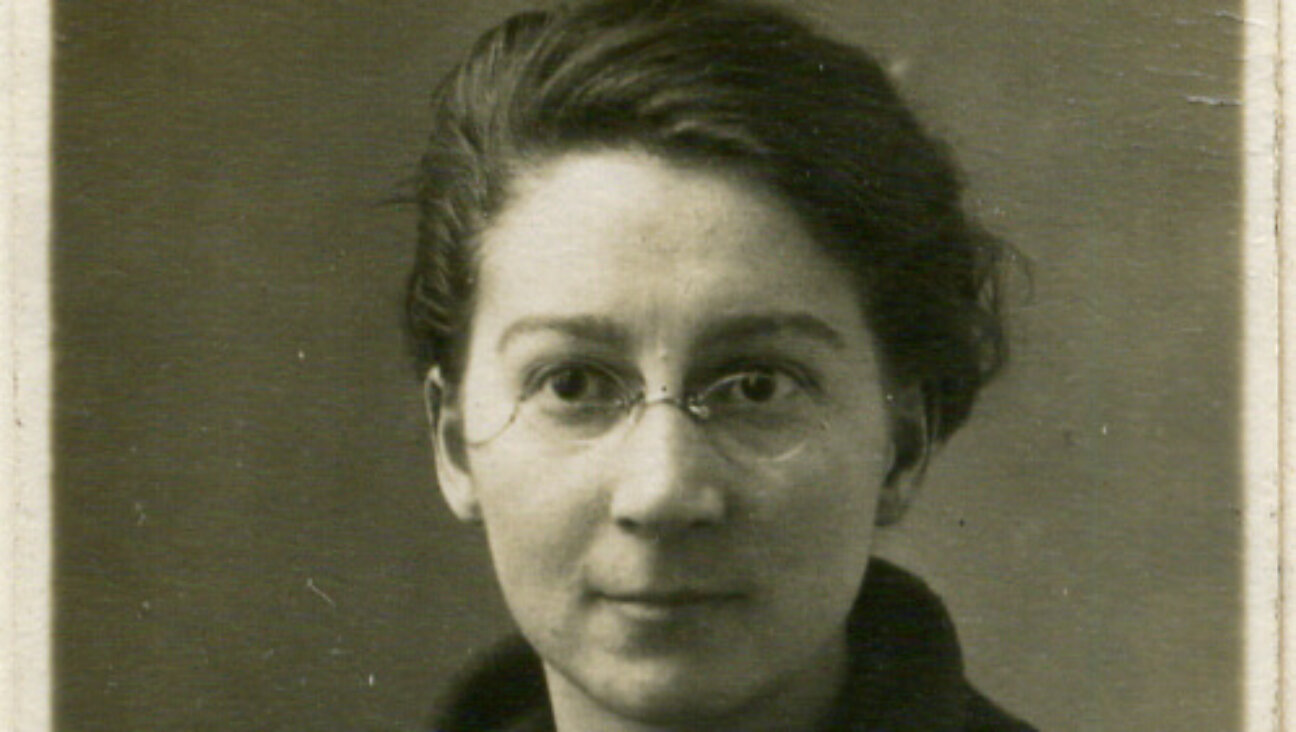Poets join together for Ukraine

Ukrainian evacuation train By Getty Images
Over 800 people from all over the world came to hear Ukrainian poetry in the original and in translation in a swiftly organized online reading to support writers whose lives are in danger as Russian forces approach. The event, part of a virtual reading series by Words Together Words Apart, offered a window into the country of Ukrainian poetry, and the literary world currently fighting for its life. The reading was also a chance for an international literary community to come together at this frightening moment.
The hosts were Ukrainian-American Jewish poets Julia Kolchinsky Dasbach and Olga Livshin, who, in just two days, pulled together an impressive line-up of Ukrainian poets, translators, and “allies”— prominent writers based in the U.S. who wanted to support Ukrainian writers.
Readers included many of Ukraine’s most prominent writers and their translators, their living rooms visible—or their temporary shelters on camera for all to see. Lyuba Yakimchuk, the poet, screenwriter and journalist, mentioned that she lost her family home in Donetsk in 2014, and she recently woke up because of shelling in Kiev. More of Yakimchuk’s work can be read at Words Without Borders. A poem and interview can be found at CBC — Radio Canada.
Yakimchuk was far from the only poet reading who had been awakened by explosions at 4 a.m. this week.
One poet who fled home apologized for not having a poem available because of the circumstances. Despite the obvious logistical challenges, the event featured an incredible array of Ukrainian writers.
“This lineup is the result of the bravery and energy of the poets joining us from Ukraine despite the dangers of their lives and this incredible fatigue,” co-host Livshin said.
Livshin, who grew up in Odessa and Moscow, is the author of “A Life Replaced: Poems with Translations from Anna Akhmatova and Vladimir Gandelsman.”
“Today’s event is also just a peek at how much translators are trying to amplify Ukrainian voices beyond the soundbites,” said Livshin. “Translation is a trickster. It climbs walls, it crosses borders, it joins our hands gently.”
“While media in the west provides overwhelming coverage, literature, poetry, and art are just as important for processing, coping, and surviving trauma,” said Kolchinsky Dasbach, who came to the United States as a Jewish refugee in 1993, from Dnipro, Ukraine, and is the author of three poetry collections including “Don’t Touch the Bones.” “I for one, born in Dnipro, have been turning to poetry even more, and instead of being consumed by the news for the last two days, Olga and I have been instead consumed by trying to gather us all here today. As Paul Celan wrote: ‘Only one thing remained reachable, close and secure amid all losses: language. Yes, language. In spite of everything, it remained secure against loss.’”
The event began with the American poet Carolyn Forché, who read a beautiful poem for fellow reader Ilya Kaminsky, the poet and translator originally from Odessa, expressing her wish that Ilya would be able to hold his late father’s invisible hand.
The Odessa-born Boris Dralyuk, poet, translator, and editor of The Los Angeles Review of Books, read a translation of a harrowing poem about the nature of evil.
Poems featured the idea of every country as a puddle, and one featured Jacob and Laban. Martha Kelley read a translation of a poem by Boris Kherkhonsky with the refrain “Lord have mercy on us, especially if our hours are numbered.”
In the chat, attendees posted links to poems they had been rereading over the past difficult days. Kathryn Hellerstein of The University of Pennsylvania mentioned Debra Vogel, a Yiddish poet from Lviv, whose work is available in translation at Ingeveb.
Readers offered comments on the evolving situation—and on the history of Ukraine—between readings of poems. “This invasion, as monstrous as it is, is the continuation of an eight-year war,” Dralyuk said.
“Ukraine,” said Amelia Glaser, a professor of Russian and Comparative Literature at the University of California San Diego, “has been a country of poetry for a very long time.”
Aviya Kushner is The Forward’s language columnist and the author of “Wolf Lamb Bomb” (Orison Books) and “The Grammar of God” (Spiegel & Grau). Follow her on Twitter @AviyaKushner























